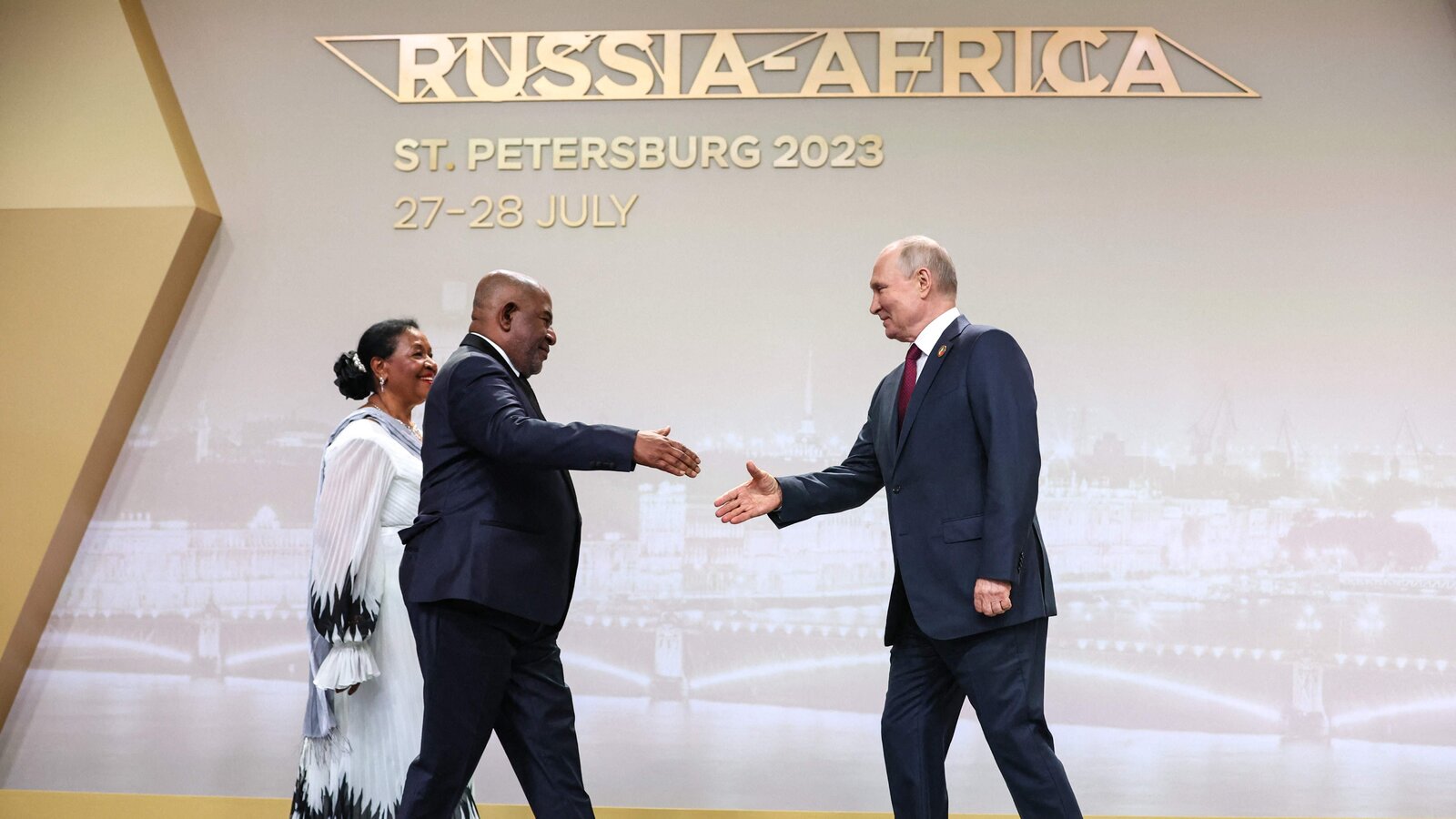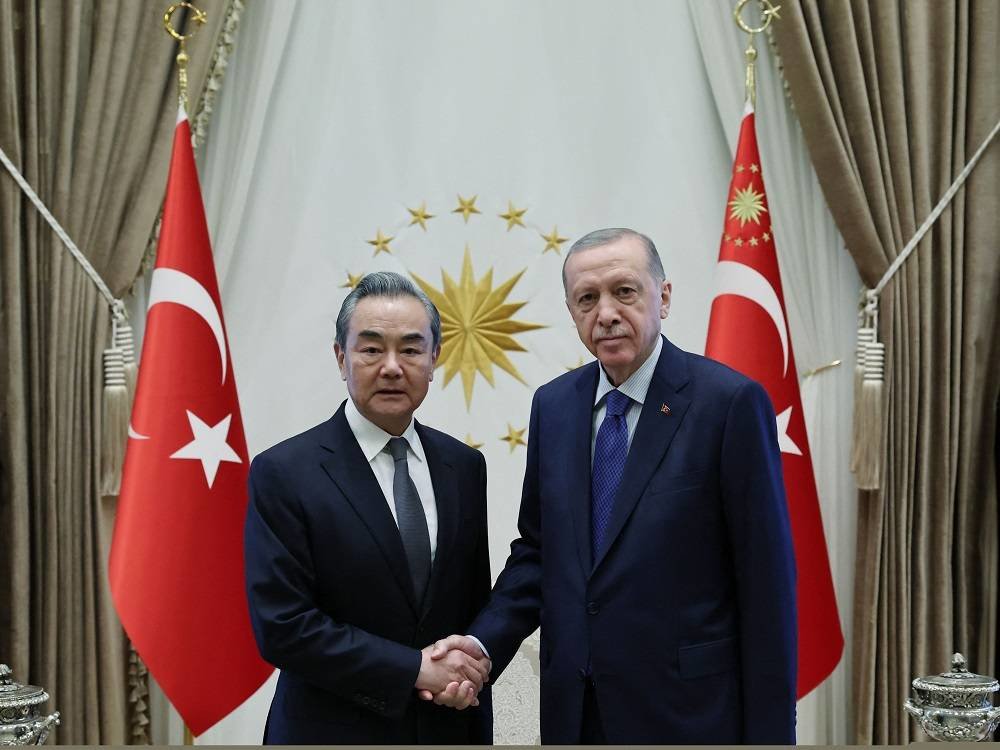The second Russia-Africa Summit was commenced in St. Petersburg on Thursday, with African leaders gathering to engage in high-level talks. President Vladimir Putin was on a charm offensive, keen on consolidating Moscow’s position in a continent that holds increasing importance for Russia’s geopolitical ambitions. This summit came in the wake of Russia’s withdrawal from an international grain deal, raising concerns about food security in Africa. Alongside the pressing issue of food security, the ongoing war in Ukraine will also be a significant topic of discussion.
Food Security Tops the Agenda
Food security was a major concern during the second Russia-Africa Summit. Last week, Russia withdrew from an international grain deal brokered by the United Nations and Turkey. This move raised concerns among African countries. The agreement was intended to enable the safe transportation of agricultural goods through Ukraine’s Black Sea ports, even during the ongoing conflict with Russia. It played a crucial role in stabilizing food prices. However, Russia cited neglect of the prerequisites for extending the Black Sea Grain Initiative as the reason for its withdrawal. In retaliation, Russia launched attacks on port facilities and grain stores in southern Ukraine, leaving African nations worried about their food supplies.
Wagner Group’s Role in African Affairs
Recent events surrounding the Wagner Group, a Russian mercenary force, have raised questions about its future involvement in Africa. Wagner was long seen as an instrumental player in Russia’s efforts to expand influence on the continent. However, their recent rebellion against the Russian military leadership during the Ukraine war has strained their relationship with the Russian state. Despite this, Wagner has expressed its intention to continue operations in various African countries. Leaders from most of these nations, including the Central African Republic, Libya, Mali, and Sudan, are present at the summit.
Africa’s Rising Geostrategic Stock
African leaders attending the summit have acknowledged their increasing geostrategic significance, especially amidst growing competition between Russia and the United States. As the largest bloc at the UN General Council, they seek to diversify economic and political relationships to leverage maximum strategic benefit. The goal is to move beyond superficial pledges and serve as kingmakers rather than being entangled in proxy conflicts. The summit will focus on a shared struggle against what Moscow portrays as “new colonialism imposed by the West,” a narrative aimed at garnering African support for Russia’s efforts in the Ukraine conflict.
The Russia-Africa Summit in St. Petersburg kicked off with a focus on critical issues like food security and the Ukraine conflict. Vladimir Putin’s charm offensive sought to strengthen Russia’s position in Africa amid increasing geopolitical ambitions. As African leaders assert their growing geostrategic importance, the summit becomes a platform for diverse diplomatic efforts. The international community watches with interest as Africa navigates a delicate balance between global power struggles and its own pursuit of stability and progress.
















